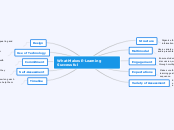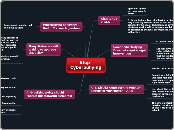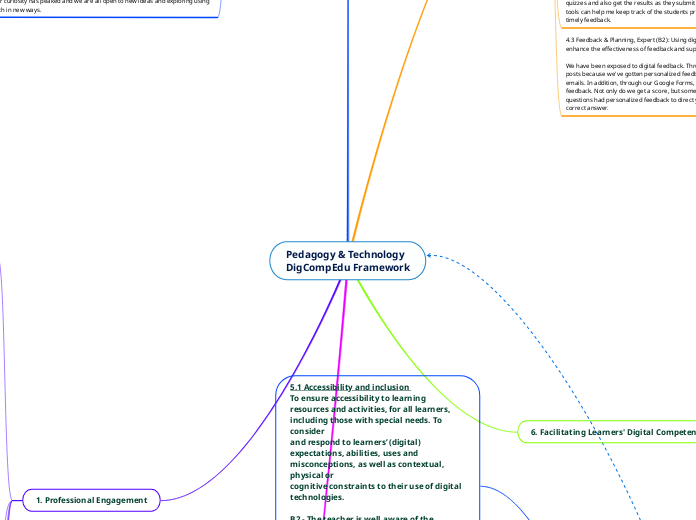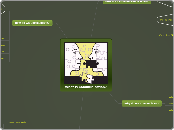von Anthony Stirzaker Vor 8 Jahren
212
What Makes E-Learning Successful
Effective e-learning involves several critical elements that collectively contribute to a successful educational experience. Establishing a clear timeline helps learners manage their time efficiently, while self-assessment encourages students to reflect on their progress.









